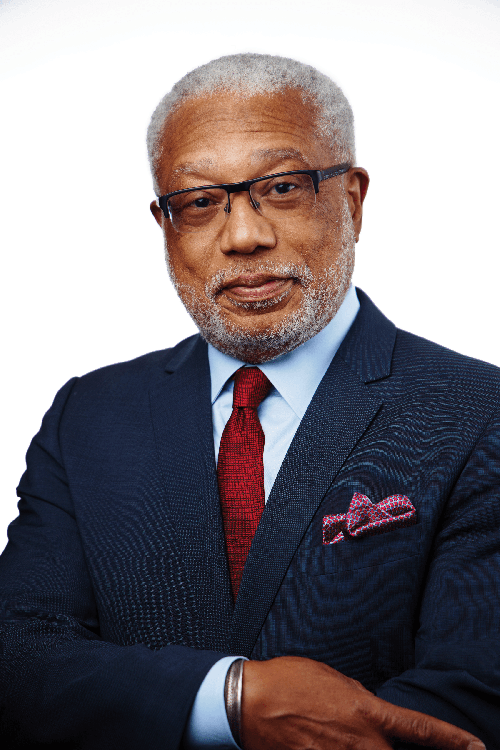Action plan from BRIDGE, CAAAS and the Taskforce on Slavery, Segregation and Racial Injustice commits to dismantling racial disregard
Over the past academic year, Rice responded to the call for greater attention to issues of race, racism and racial justice by developing three initiatives: Building Research on Inequality and Diversity to Grow Equity (BRIDGE), the Center for African and African American Studies (CAAAS) and the Task Force on Slavery, Segregation and Racial Justice.
The June 18 solidarity statement closed with a quote by writer, librarian, and civil rights activist Audre Lorde: “Revolution is not a one-time event.”
These three new initiatives came together June 18 to issue a joint solidary statement and action plan inspired in part by the student activism work done by Rice For Black Life, which formed May 31. In its statement, the three initiatives committed to dismantling racial disregard through an array of programming.
Lectures and workshops related to the nature of anti-black racism and white privilege; “listening sessions” with Rice students to explore questions and issues related to anti-black racism both on and off campus; and “talk back” meetings open to the Rice community and its community partners were only a few of the plans outlined in the statement.
“For us, it was important not simply to provide a statement of solidarity,” said Anthony Pinn, founding director of CAAAS, who partnered with BRIDGE director and professor of sociology Jennifer Bratter, who also serves as director of Race Scholars at Rice, and history professors Alexander Byrd, associate dean of humanities, and Caleb McDaniel, chair of the Department of History, on the statement.
“Because from my vantage point,” he said, “a statement of solidarity that isn’t connected to an action plan is empty and rather self-serving.”
Among the efforts already made include a well-attended July 7 webinar hosted by the Taskforce on Slavery, Segregation and Racial Justice that convened four prominent U.S. historians to discuss the topic of “Movements, Monuments and Racism on Campus.”
And to commemorate the anniversary of the 1963 March on Washington for Jobs and Freedom, at which Martin Luther King, Jr. gave his famous “I Have a Dream” speech, CAAAS will host an Aug. 28 lecture by Walter Earl Fluker.
CAAAS is hosting an August 28 lecture by renowned speaker Walter Earl Fluker in commemoration of Martin Luther King, Jr.s’ 1963 March on Washington.
An expert in ethical leadership, Fluker is the Dean’s Professor of Spirituality, Ethics and Leadership at Emory’s Candler School of Theology and a renowned speaker who has lectured across the world. His talk, “Speaking from Sites Reserved for the Dead: Lingering Memories of Martin Luther King, Jr. and The Great Mistake Jamestown Made Long Ago,” will examine the emergence of new activist leaders and the existential and ethical issues at stake in this moment.
Elsewhere at Rice, Pinn’s Center for Engaged Research and Collaborative Learning has partnered with Fondren Library to appoint a new postdoctoral fellow in data curation for African American Studies. Portia Hopkins, an expert in African American historic preservation, will lead efforts to curate digital collections focused on African American activism and cultural expression in Houston.
The new position is a result of a successful joint grant application to the Council on Library and Information Resources Postdoctoral Fellowship program, for which Rice will be a host institution. While some of the materials Hopkins gathers during her appointment will likely become part of Fondren’s collections, she will also empower local communities to organize and preserve their own collections.
“We want to extend beyond this moment,” Pinn said. “We want to think about how we use our resources in a way that speaks to the demands of the moment so that this a statement of solidarity, but also list a series of things we are committed to doing moving forward.”

